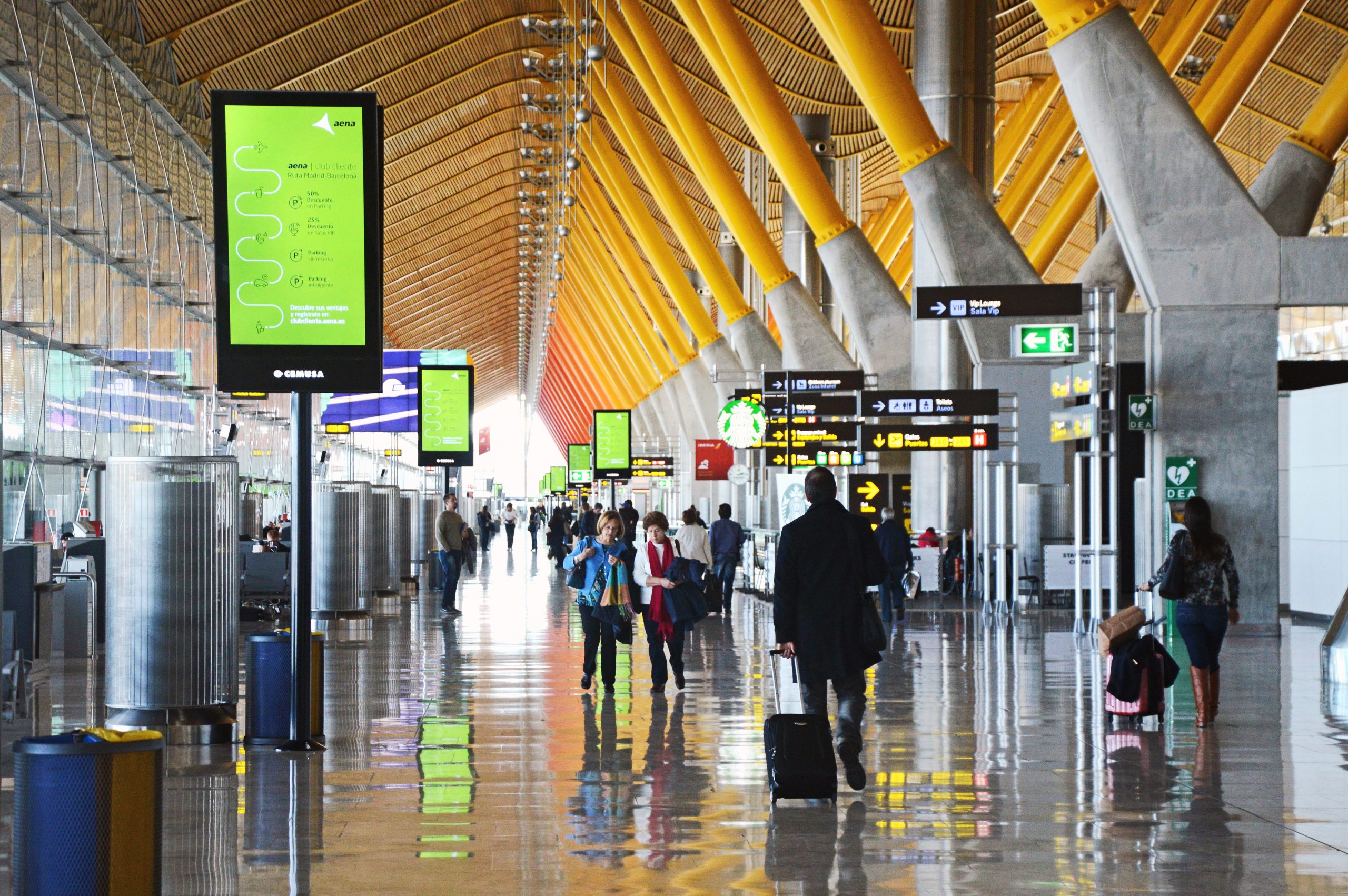SPAIN has revealed the details of its foreign tourist screening process set to start today.
A new order published in the Official State Gazette (BOE) has revealed how passengers will be tracked using Passenger Location Card technology.
Foreign travellers will have to fill out an electronic form before travelling to Spain, detailing the address of their accommodation, travel history and relevant medical issues.
It will ask if you have been in contact with any who has tested positive for coronavirus in the past 14 days, or if you have a cough, fever, or shortness of breath.
Answering yes to either of these questions will see you barred from travelling.
It will also quiz your movements of the prior two weeks, asking whether or not you have been to a hospital and which other countries you have visited recently.
The document also asks the traveller to sign a commitment to isolate themselves and notify the health authorities if they develop COVID-19 symptoms within 14 days of arrival.
Travel operators will be able to offer the form in paper form until July 31.
Once the form is complete, the traveller will be given a QR code which they must present at the health checkpoints upon arrival into Spain.
Passengers will then go through temperature controls and be watched by medical staff who will be looking for symptoms of the disease, both at ports and airports.
The temperature will be taken using contactless thermal imaging machines and no personal data or images will be saved.
A temperature of 37.5C or higher will sound the alarm and lead to further medical evaluation.
Ships or boats can take the temperature of passengers before they arrive at the port.
If a passenger is suspected of having symptoms, a second evaluation will be performed and if there is still concern, they will be taken to a health centre.
The new rules come on the day that Spain has opened up its borders to international tourism.
After three months of almost no flights, destinations like Malaga will see more than 100 flights per day from Wednesday onward.
There are nine flights arriving from the UK to the Costa del Sol today, and tens of others across the country.










